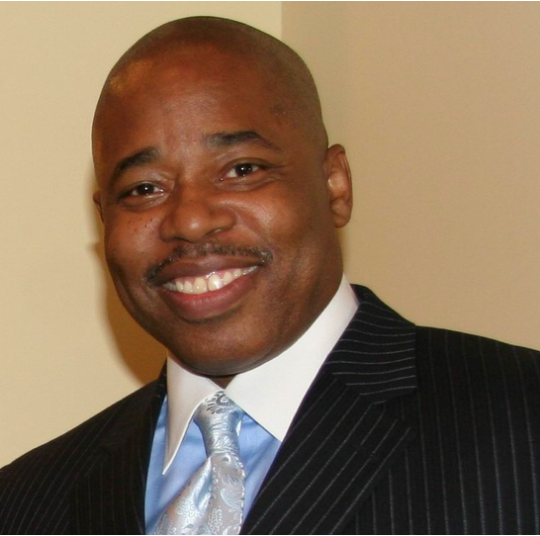Brooklyn kicks off Black History Month

Continuing a 17-year tradition, Brooklyn courts came together on a snowy Monday afternoon to commemorate the struggles, successes, and journey of black Americans. This year’s Black History Month kickoff celebration took place in the ceremonial courtroom of the Kings County Family Court building.
Brooklyn Family Court Judge Franc Perry served as master of ceremonies for Monday’s event; a position most befitting. Perry’s great-uncle was Carter G. Woodson, who originated the celebration of Black History Month. “This is a memorable day,” Perry noted to the audience of judges, lawyers and members of Brooklyn’s legal community.
Departing Supreme Court Justice Patricia DiMango remarked that the day was one to “commemorate the culture, beauty and traditions black Americans have contributed,” noting that their “journey was a difficult one but a successful one.”
